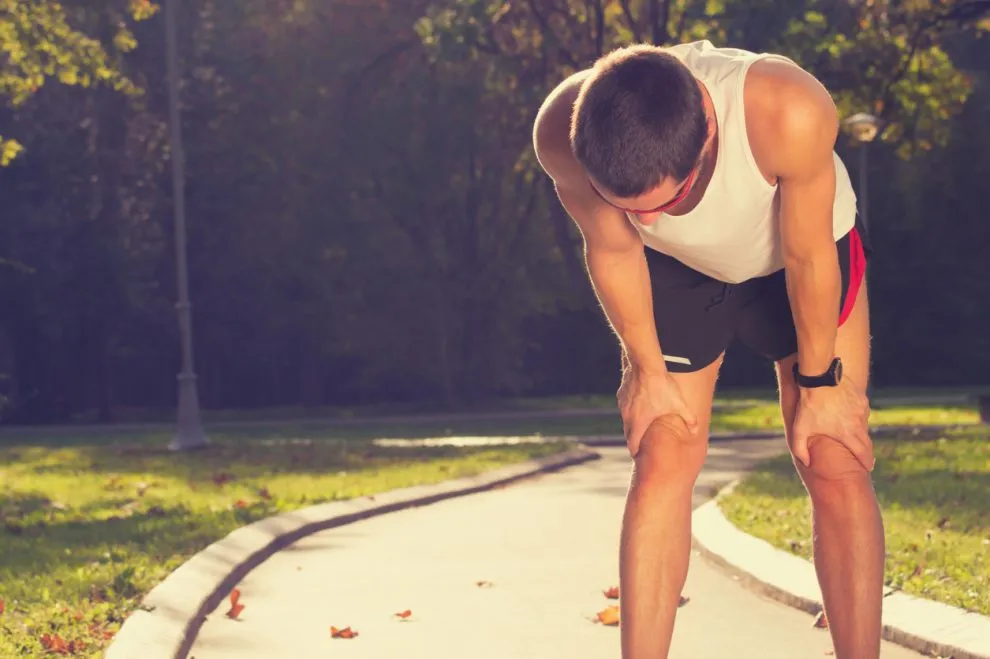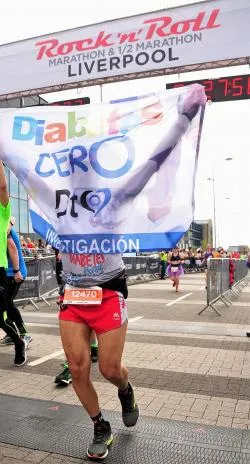Fernandog said:
@jconegar I in my case at least, as it works for me, is always comparing glucose with insulin on board, which is an issue that in this forum does notI have seen a lot and is crucial.An example if you are going to run, and you look and you are 160 many doctors would tell you that great, but if you do less than 2h that you ate and you injected, that insulin has not yet been fully absorbed and you run the risk of having the risk of havingA decrease.If, on the contrary, you are 120 but more than 3/4 hours ago you put on the last dose and your basal is not very high, you may train and everything or even rise due to segregated catabolic hormones during training.On what I commented above, keep in mind that while there is a lot of insulin in the body, lipolysis is inhibited to a large extent, so obtaining energy will be much lower and we are probably more tired.We must think that insulin is a highly anabolic hormone (the one that most of our body) and its presence inhibits the oxidation of fatty acids.When there is more insulin aboard than we should feel fatigued even with correct blood glucose values.
Above the partner speaks in general norms, so I have specified in general norms.As you comment if you carry insu body will make more effect.The same is that if you eat fats as a good paella or pizza at 3 pm and salts at 6 pm you may not have anything and it may even be that depending on the training you would have to put insulin.
My comments are about what Duranaantiago said because what he says is not.
I particularly when I have a sports test I never leave with active food bolus insulin and if it is x the morning I lift three hours before, the basal reduces a total of 80% an hour or hour and a half before depending on training.
There are certain things that are not like that and as the partner has said and if they are published, they must be clarified.


